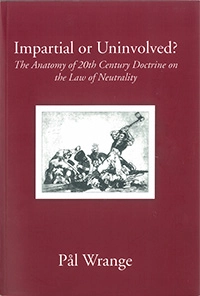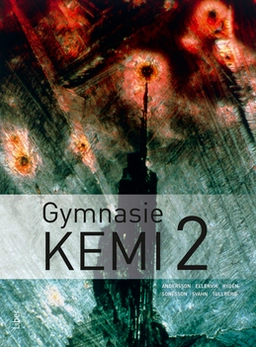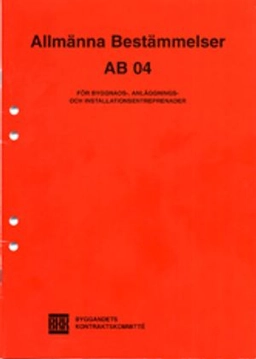

Impartial or Uninvolved? : The Anatomy of 20th Century Doctrine on the Law of Neutrality
- Utgiven: 2007
- ISBN: 9789185333172
- Sidor: 1106 st
- Förlag: eddy.se ab
- Format: Häftad
- Språk: Svenska
Om boken
Åtkomstkoder och digitalt tilläggsmaterial garanteras inte med begagnade böcker
Mer om Impartial or Uninvolved? : The Anatomy of 20th Century Doctrine on the Law of Neutrality (2007)
I mars 2007 släpptes boken Impartial or Uninvolved? : The Anatomy of 20th Century Doctrine on the Law of Neutrality skriven av Pål Wrange. Den är skriven på svenska och består av 1106 sidor. Förlaget bakom boken är eddy.se ab.
Köp boken Impartial or Uninvolved? : The Anatomy of 20th Century Doctrine on the Law of Neutrality på Studentapan och spara pengar.
Referera till Impartial or Uninvolved? : The Anatomy of 20th Century Doctrine on the Law of Neutrality
Harvard
Oxford
APA
Vancouver



















